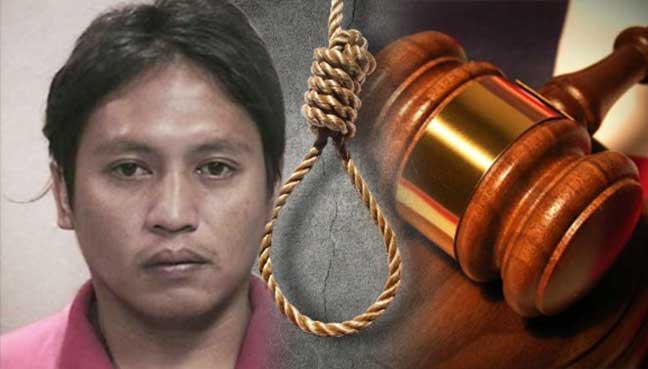By: Ghui
The sudden execution of Kho Jabing filled me with a sense of dread and sorrow. Having followed his case and its many twists and turns, I have come to see this young man as a human being. Not as a martyr or a saint but just as a normal human being who through his one moment of folly brought undue suffering on the Cao family.
Like anyone else, Kho Jabing had a family who loved him. He was remorseful and he wanted to live and make amends. More than that, he provided those in Singapore who believe in second chances a reason to hope. This is perhaps why the dramatic build up to this case and its swift and unexpected end is so crushing.
I am by no means justifying Kho Jabing’s crimes – far from it. A man lost his life because of Kho Jabing’s acts and for that there has to be punishment. But should that punishment be death? Further, even if society believes in the death penalty, is Kho Jabing’s role in the crime deserving of the death penalty?
Will Kho Jabing’s death bring back Cao Ruyin?
Kho Jabing’s valiant fight against the noose ultimately ended up in victory for the hangman. But was the undue haste of his execution a matter of justice or a matter of policy expediency? If it is the latter, has justice really been served?
Kho Jabing was not initially sentenced to death. This would lead me to believe that although his crimes were severe, they were not deemed sufficiently severe to merit the death penalty. On appeal, this was overturned although not unanimously. This begs the question – should there be unanimity in the imposition of so harsh a sentence?
Personally, I think so.
The taking of a life is irrevocable and irretrievable. Given that Kho Jabing’s case was initially not ruled to be a capital case coupled with the fact that on appeal, the judges were not in total agreement leads me to believe that it should not be a clear-cut case of imposing the death penalty. In such circumstances, isn’t it better to err on the side of compassion and life?
Unless it was deemed that the life of a penniless, lowly educated blue-collar foreigner did not deserve mercy? Such is the unfortunate conclusion I have to draw in the way this case has panned out.
I am personally against the death penalty but I accept that a large portion of Singaporean society may not agree me. That said, I am sure that even the most fervent defenders of capital punishment will agree that the imposition of so draconian a sentence cannot be one that is casually and wantonly passed. There has to no doubt at all that the person in question is legally and unequivocally deserving of this harshest of punishments. Given Kho Jabing’s initial sentencing and the lack of unanimity on appeal, I would think not.
Even if we accept that Kho Jabing was condemned to die, it does seem unnaturally cruel to execute him with such unseeming haste.
The condemned are usually hanged at 6am on Fridays. One would have thus reasonably expected that Kho Jabing would have been hung the following Friday. Yet, a deviation from precedent was created just so that the hangman got his weekly quota.
Given that our brand of justice had run its course in this case and Kho Jabing had by then exhausted all avenues of fighting for life, would keeping him alive for one more week really have affected the service of “justice”? There were no other options left to be utilised to thwart the noose. Where could he go? What more can he do? Why the rush to have him killed?
It really made me wonder if his execution forthwith was to prevent further public outcries or campaigns? Did the powers be want the issue to finally die literally and figuratively?
Kho Jabing may have died but the issues raised by his case have not. What needs to be made plainly clear is when and how the death penalty is to be meted out. Should there be unanimity? In changes of precedent such as in the hanging times of the condemned, what is the process and procedure? Who decides and on what basis? If the death sentence has to remain in Singapore, it should at least be crystal clear.

